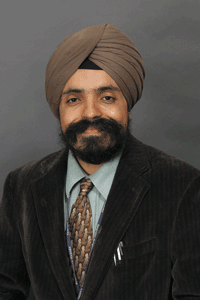Author Interviews / 18.03.2019
Knee Replacement: Benefits and Risks of Antibiotic-Loaded Bone Cement
MedicalResearch.com Interview with:
Darwin Chen, MD
Assistant Professor of Orthopedic Surgery
Icahn School of Medicine at Mount Sinai
MedicalResearch.com: What is the background for this study? What are the main findings?
Response: Periprosthetic joint infection unfortunately remains a leading cause of total knee arthroplasty failure. One method of mitigating the risk of PJI is to use antibiotic loaded bone cement in a prophylactic fashion.
While the use of antibiotic cement makes inherent sense, the decision is not as simple as it seems. There are potential side effects such as renal damage, antibiotic hypersensitivity, and antibiotic resistance. Antibiotics decrease the mechanical strength of cement fixation, which may impact component loosening. Additionally, antibiotic cement is significantly more expensive than standard cement, driving up cost. Currently there is no consensus on if antibiotic cement truly reduces infection risk and there are many conflicting studies.
The purpose of our study is the use a large national database to evaluate real world utilization patterns of antibiotic cement, and assess outcomes, complications, and cost associated with antibiotic cement usage. Our hypothesis was that antibiotic cement is associated with a decreased risk of infection and no increased risk of systemic complications.
(more…)





